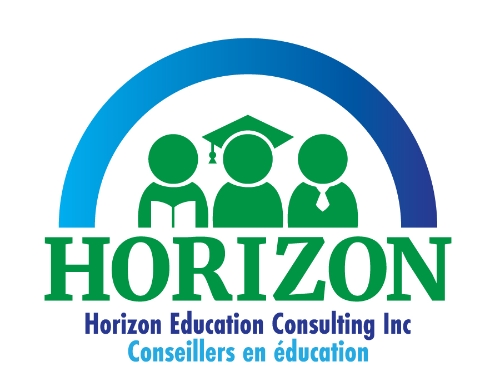As published November 11, 2017 – Letters to the Editor, Ottawa Citizen
re: Article A few tips on challenges of modern schooling- November 6, 2017 by Mary Ellen Kot
How schools should assess young children: http://ottawacitizen.com/opinion/letters/todays-letters-on-remembrance-day-lets-honour-the-war-dead-of-all-nations
Dear Editor,
Although I agree with the writer Mary Ellen Kot in the importance of early diagnosis of learning problems, her suggestions are out of touch with how children and their needs should be addressed in 2017 and hence her tips are as outdated as the use of the word ‘modern’ as it relates to schooling.
Psycho-educational assessments are not the key to early diagnosis and not the first intervention a parent should engage in, as these assessments are expensive (now at $2,500) and do not identify the source of a difficulty, only the difficulty itself.
Any learning challenges need to first past through the lens of organic or functional issues particularly medical ones: eating and sleeping habits, allergies, general health, sensory issues, vision and hearing checks.
Once these have been investigated through the assistance of an optometrist, audiologist, family doctor, pediatrician and occupational therapist, the next level of investigation occurs. If everything is functioning optimally then we look at how the sensory input is being processed by the brain.
This second level of investigation is the child’s information processing ability . Even if he or she sees and hears optimally, a central auditory processing test and a functional vision assessment will identify any issues with sensory processing. Occupational therapist assessments complement this level of intervention.
If there are any issues found in the first or second level of assessments then the results of a psycho-educational assessment would likely be skewed, negatively impacted and not reflect the true potential of the child or youth, since these tests are highly dependent on visual and verbal administration protocols.
The third level of intervention involves environmental factors such as stressors in family life or school environment, as these relate to the social and emotional well-being of a child and can be anxiety provoking and impair their ability to focus and concentrate. Unhappy anxious children do not learn.
Only once all of these interventions levels have been completed is it worth investigating the cognitive potential, adaptive capability and academic performance of a student to determine a diagnosis.
Time is of the essence in early intervention, but the appropriate intervention is also essential.
